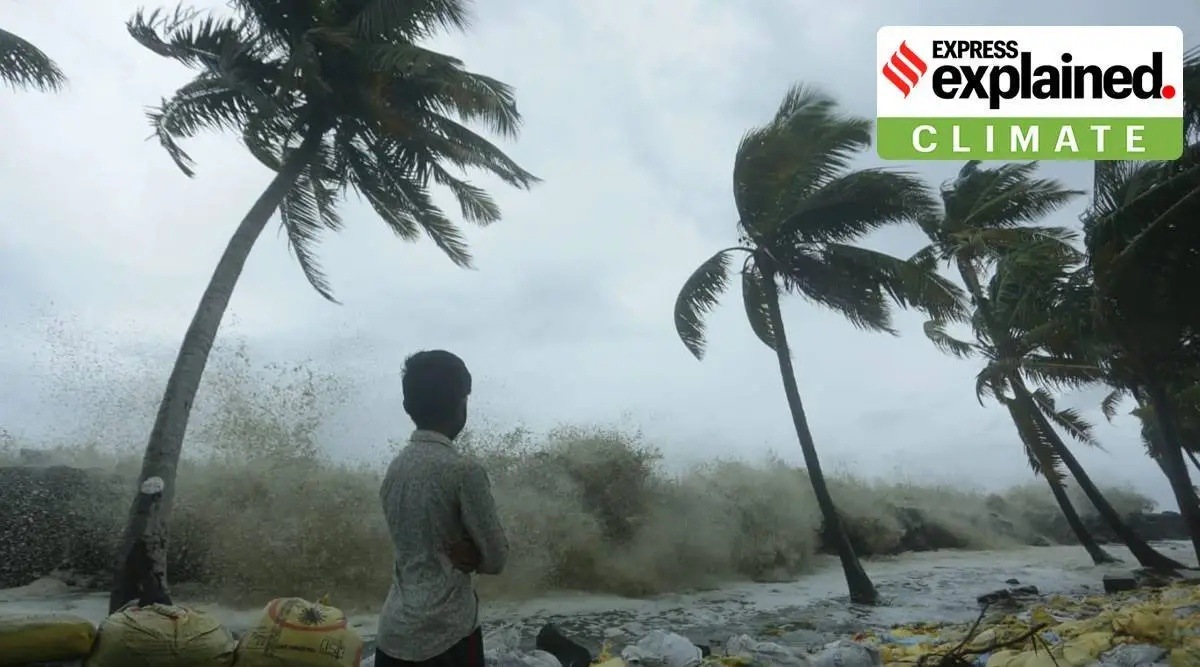Lok Sabha elections 2024: What the BJP and Congress manifestos say on climate change
While BJP has promised, mainly, to expand or strengthen the policies and programmes it is already implementing, Congress, out of power for ten years, has come up with a few interesting new ideas. Here is a look at their manifestos.

The general elections this year are being held under severe heat wave conditions which are predicted to worsen in the coming weeks. Last year happened to be the second warmest year ever for India. In the last five years, the country has faced a number of climate change induced disasters including excessive rainfall, flooding, droughts, and heat waves, leading to loss in lives and property and causing major disruptions to normal life.
While most people in the country have had first hand experience of the adverse impacts of climate change in one way or the other, climate related issues hardly have any resonance in the election campaigns.
While BJP has promised, mainly, to expand or strengthen the policies and programmes it is already implementing, Congress, out of power for ten years, has come up with a few interesting new ideas. Both the manifestoes have dealt with these issues in some detail, indicating that the political parties have remained engaged with the subject and their implications.
There are quite a few things common in these manifestoes. Both the parties have promised to expand forest cover, protect coastal ecosystems, reduce human-animal conflict, and reduce air pollution.
BJP’s manifesto on climate change
The BJP manifesto talks about achieving energy independence by 2047 and meeting the 500 GW target for renewable energy installed capacity by 2030. It has promised to set up a Centre of Excellence for clean energy technologies, and establish India as a global manufacturing hub for wind, solar, and green hydrogen technologies. It also talks about expansion of the nuclear energy sector, though no targets have been mentioned.
It has promised to continue with, and strengthen, the recently launched Green Credit programme which is about incentivising all kinds of environment-positive actions, like water conservation or soil improvements. Like the carbon credit programme, which rewards people with encashable credits for reducing carbon emissions, the green credit programme would reward people with credits for all kinds of environment positive work.
The BJP manifesto has promised to launch Namami Gange like programmes for other rivers as well, aiming to progressively improve the health of those rivers.
The only new thing in the BJP manifesto with regard to climate change is a promise to launch a National Atmospheric Mission to be called Mausam for making India ‘weather ready’ and ‘climate smart’.
Congress manifesto on climate change
Interestingly, the Congress has not entirely junked the steps taken by the Narendra Modi government on the climate change front. It, in fact, has owned up many of the commitments made by this government, including the net zero goal for 2070, and has promised to work towards them.
An important new idea floated by the Congress is that of an ‘independent’ Environment Protection and Climate Change Authority, to monitor and enforce environmental standards, and the national and state level climate change action plans.
The idea clearly carries the imprint of Congress leader Jairam Ramesh, who during his short stint as Environment Minister in UPA-II government, had advocated for something like this – an organisation moulded on the lines of the US Environmental Protection Agency. In fact, one of the ideas is to have an empowered organisation like this replace the entire Ministry of Environment, Forests and Climate Change, but those kinds of details are not discussed in the manifesto.
Another new idea is about transitioning from the National Action Plan on Climate Change, originally launched in 2008 and still under implementation, to a National Climate Resilience Development Mission that will integrate climate positive actions in all sectors of development.
The Congress manifesto talks about setting up two specialised funds – a Green Transition fund to finance the clean energy transition, and a Green New Deal Investment Programme that would focus on renewable energy, sustainable infrastructure and creation of green jobs.
The party has promised to enact a law to prohibit the discharge of any kinds of effluents into the rivers. It has said it will appoint a high-level committee to study the mechanism of landslides in hilly areas and propose measures to minimise their occurrences.